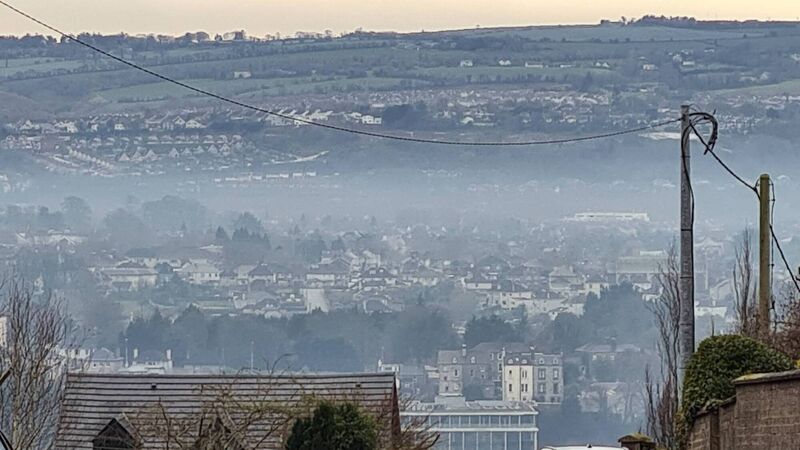Michael Moynihan: Air pollution may not kill you off, but it may well reduce your life expectancy

A few days ago — wearing my sports hat — I referred in passing to the air quality in Cork, something that hadn’t come across my radar before.
I should have probably guessed in advance, though, that this was an area - like cycling or dereliction - with an informed community, and once I took an interest I found plenty of resources dealing with the subject.












